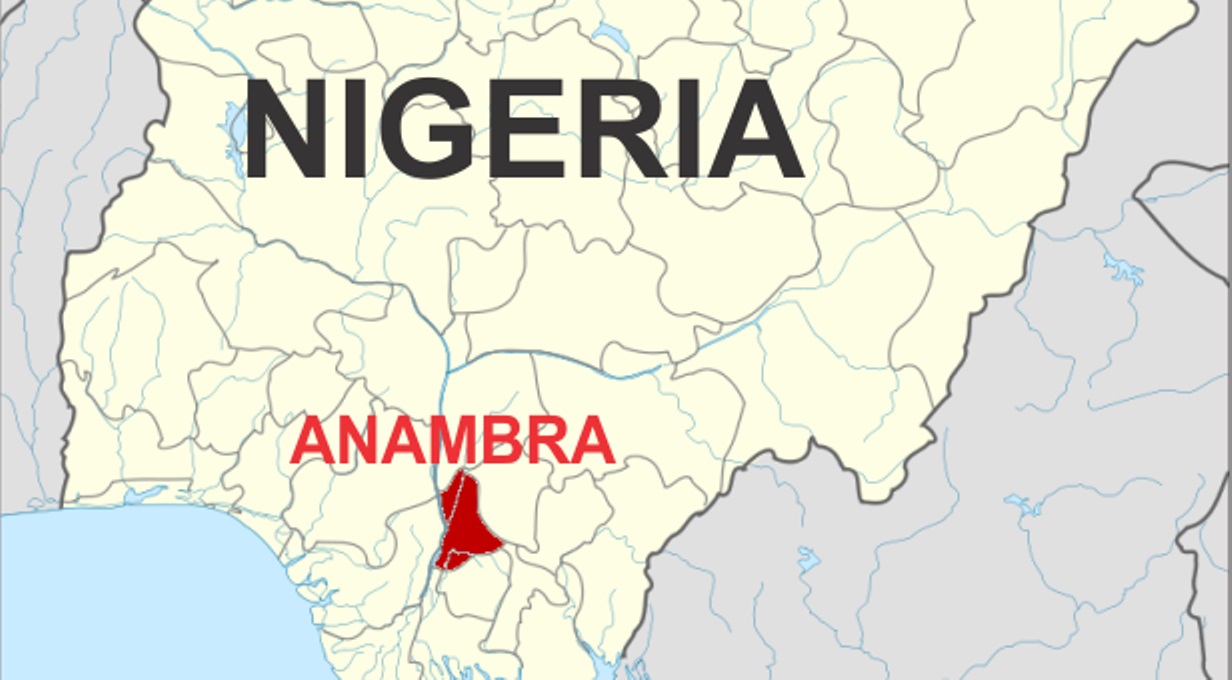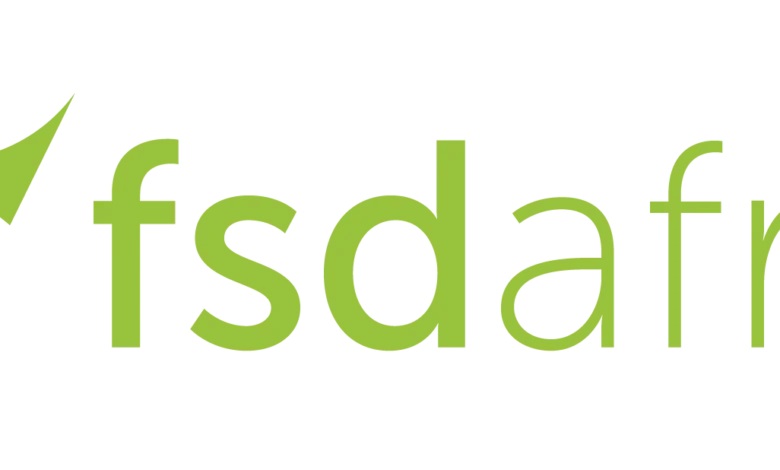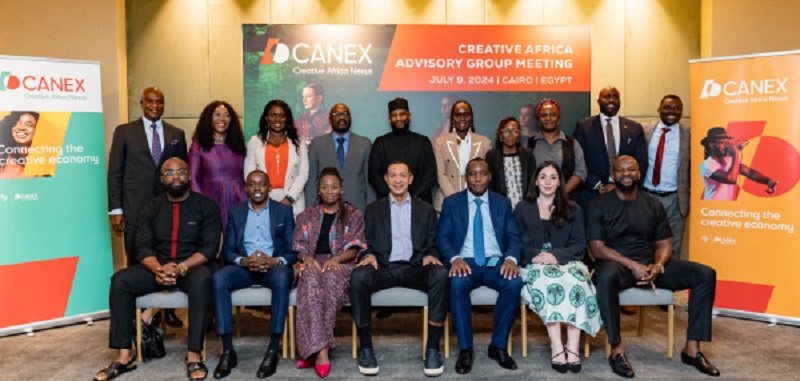Economy
Anambra Targets $200m Debt Financing

By Adedapo Adesanya
Anambra State and the African Export-Import Bank (Afreximbank) have signed a memorandum of understanding (MOU) to collaborate on the development of the Southeast state through the provision of project preparation and advisory services, including a potential debt financing programme of up to $200 million.
Under the terms of the MOU signed by Mrs Kanayo Awani, Afreximbank’s Executive Vice President, Intra-African Trade Bank, and Mr Charles Soludo, Governor of Anambra State, during the Anambra Investment Summit, Afreximbank and the state government will jointly prioritise strategic projects for preparation and funding, collaboratively evaluating each project to formulate a time-bound work programme for effective execution.
Afreximbank will work with the state government to establish bankability for key projects, including the Ikenga Mixed-Use Industrial City, the Anambra Export Emporium and the Akwaihedi Unubi Uga Automotive Industrial Park, as well as any other project agreed upon by the parties.
Afreximbank and the state government will also conclude all prerequisite actions necessary for securing a financing programme of up to $200 million from Afreximbank and its affiliated entities for the projects contingent upon the conclusion of a substantive agreement between the parties.
In addition, the MoU provides for the parties to collaborate on trade and investment promotion in Anambra State through the African Sub-Sovereign Governments Network (AfSNET) and facilitate the implementation of the African Continental Free Trade Agreement (AfCFTA).
The Cairo-based bank will work with the Anambra State Investment Promotion and Protection Agency to provide training and capacity building on trade and investment, undertake investment forums, identify and prepare strategic trade and investment projects and foster collaboration between sub-sovereign governments in Africa. The AfSNET network is expected to facilitate direct exchange of information and peer learning from sub-sovereign governments in Africa.
Other areas of collaboration covered in the MoU include the provision of transaction advisory services aimed at facilitating the procurement of debt and equity capital. It will also focus on export development advisory, twinning services, and senior debt structuring.
In an address to the summit, Mrs Awani, speaking on behalf of Mr Benedict Oramah, President and Chairman of the Board of Directors, said that Afreximbank’s mission aligned seamlessly with Anambra’s industrialization objectives, including its vision for a smart mega city, noting that the bank had identified the emergence of industrial parks and special economic zones as a strategic priority to accelerate Africa’s industrial infrastructure development.
“These facilities do not only optimize capital deployment but also drive economies of scale and nurture ecosystem development,” she said. “They also enable the use of otherwise inaccessible technologies and cutting-edge infrastructure”.
Noting that such projects required substantial funding, she said that innovative partnerships, including public-private partnerships, had emerged as instrumental bridges capable of closing the infrastructure gap that spanned the African continent, adding that the African private sector held immense potential to bolster a wide spectrum of public sector endeavours.
“Just as we have championed the transformative potential of industrial parks and special economic zones across Africa through public and private sector collaboration, committing over $1.5 billion so far to the realization of these projects, Afreximbank is ready to support Anambra State, as it is doing in Ogun and Abia States (Enyimba Industrial City), to promote similar projects here,” Mrs Awani continued.
“With peace and security gradually returning to the state, with our youth beginning to realize that their future cannot thrive in an environment of widespread insecurity, we can look forward to a similar $400 million industrial park project in collaboration with the state.
“It makes business sense to do so, and we have advanced discussions with Anambra State Investment Promotion and Protection Agency (ANSIPPA) to implement creating over 10,000 jobs while bringing export-oriented businesses to Anambra state,” she added.
The bank, leveraging its fundraising capabilities in Africa’s capital markets, could also raise funds that could be deployed into impactful infrastructure projects in the state using various financing instruments and mechanisms which could be explored with the state government, she noted.
She announced that the bank was implementing AfSNET, a platform for sub-sovereign governments throughout Africa to promote economic development and encourage intra-African trade and investment by allowing collaboration between the public and private sectors, facilitating peer learning, and allowing Afreximbank to take its products and services to the grassroots, where trade and investment actually take place.
She also announced that Afreximbank’s broader collaboration with Nigeria had been fruitful over the years and had seen the Bank invest over $36 billion into the Nigerian economy since its creation in 1993. Afreximbank flagship projects currently underway in Nigeria include the $300-million 500-bed Africa Medical Centre of Excellence in Abuja in partnership with King’s College, London, the Afreximbank Africa Trade Centre, also in Abuja, and the Africa Quality Assurance Centre in Shagamu, Ogun State, which is already operational.
Economy
FAAC Disbursement for April 2025 Drops to N1.578trn

By Aduragbemi Omiyale
The amount shared by the federal government, the 36 state governments and the 774 local government areas of the federation from the Federation Account Allocation Committee (FAAC) in April 2025 from the revenue generated last month declined by N100 billion, Business Post reports.
This month, FAAC disbursed about N1.578 trillion to the three tiers of government, lower than the N1.678 billion distributed in March 2025.
In a communiqué by the Director of Press and Public Relations in the Office of the Accountant-General of the Federation (OAGF), Bawa Mokwa, it was stated that the N1.578 trillion comprised statutory revenue of N931.325 billion, Value Added Tax (VAT) revenue of N593.750 billion, Electronic Money Transfer Levy (EMTL) revenue of N24.971 billion, and an Exchange Difference revenue of N28.711 billion.
The money was shared after deducting N85.376 billion as cost of collection and N747.180 billion as total transfers, interventions and refunds from the total gross revenue of N2.411 trillion generated by the nation last month.
It was explained that gross statutory revenue of N1.718 trillion was received for March 2025 versus N1.653 trillion received in February 2025, and gross revenue of N637.618 billion was available from VAT compared with N654.456 billion a month earlier.
As for the distribution of the N1.578 trillion, FAAC said it gave the federal government N528.696 billion, the states N530.448 billion, the local councils N387.002 billion, and the benefiting states N132.611 billion as 13 per cent of mineral revenue.
It disclosed that on the N931.325 billion statutory revenue, the federal government received N422.485 billion, the state governments got N214.290 billion, the LGAs were given N165.209 billion, and the oil-producing states went away with N129.341 billion.
Further, from the N593.750 billion VAT revenue, the national government got N89.063 billion, the state governments received N296.875 billion, and the local councils got N207.813 billion.
In addition, from the N24.971 billion EMTL, the central government was given N3.746 billion, the state governments got N12.485 billion, and LGAs shared N8.740 billion.
Economy
Nigeria, South Africa Sign Agreement to Boost Mining

By Adedapo Adesanya
Nigeria and South Africa have signed a Memorandum of Understanding (MoU) to boost mining cooperation, focusing on investment, knowledge exchange, and technology transfer.
The agreement was signed in Abuja by the Solid Minerals Development Minister, Mr Dele Alake, and South Africa’s Mineral Resources, Mr Gwede Mantashe.
A statement on Wednesday said the MoU was part of efforts to strengthen ties under the Nigeria–South Africa Bi-National Commission framework.
It noted that the deal sets out specific areas of collaboration alongside defined implementation timelines for joint activities and engagements in the mining sector.
“Both ministers pledged ongoing engagement to advance intra-African trade and implement practical steps outlined in the agreement,” it said.
The ministers also expressed optimism that the renewed partnership would significantly strengthen the mining industries of both countries through shared expertise and innovation.
Key highlights include capacity building in geological methods using UAVs and applying spectral remote sensing technologies for mineral exploration and mapping.
Other areas cover geoscientific data sharing via the Nigeria Geological Survey Agency, training in mineral processing, and value-addition initiatives.
The MoU also supports capacity building in elemental fingerprinting with LA-ICP-MS and joint exploration of agro and energy minerals within Nigeria.
Mr Alake restated that bilateral cooperation holds promise for industrialisation, employment generation, and sustainable economic development across the African continent.
“The agreement on geology, mining, and mineral processing will foster knowledge exchange, promote investment, and encourage regional integration,” Mr Alake stated.
He reiterated Nigeria’s focus on developing its mining sector, noting mutual benefits through mineral wealth and South Africa’s technological expertise.
According to Mr Alake, this synergy will attract investments, build skills, and help diversify Nigeria’s economy for long-term growth and stability.
Mr Mantashe, on his part lauded the agreement, noting that it will be crucial to South Africa, as well as promote cooperation between the two African nations.
Economy
ARM-Harith Secures £10m to Unlock Nigerian Pension Funds

By Modupe Gbadeyanka
About £10 million has been injected into ARM-Harith’s Climate and Transition Infrastructure Fund (ACT Fund) to unlock local institutional capital for climate infrastructure.
The leading African private equity firm received the financial support from the United Kingdom-backed FSD Africa Investments (FSDAi) to unlock nigerian pension funds and catalyse local capital for infrastructure.
It was gathered that 75 per cent of the FSDAi facility would be provided in local currency, a first-of-its- kind approach specifically designed to mitigate the impact of foreign exchange (FX) volatility for pension funds.
This structure is expected to unlock an additional £31 million in pension fund contributions, nearly five times the participation achieved in ARM- Harith’s first fund.
The investment from ARM-Harith and FSDAi introduces an innovative solution to allow Nigerian pension funds to address a longstanding challenge in infrastructure equity finance: the ability to invest while receiving early liquidity.
By enabling predictable interim distributions during the early phases of investment, this innovative facility directly addresses a key barrier that has historically deterred domestic institutional capital from entering the asset class.
“For too long, domestic pension funds have remained on the sidelines of infrastructure equity due to liquidity constraints and heightened perception of risk.
“We are proud to have collaborated with FSDAi to design a pioneering solution that reduces risk for pension funds while delivering both early liquidity and long-term capital growth.
“This is a global first—a groundbreaking private sector-led solution that could fundamentally change how infrastructure equity is financed—not just in Nigeria, but across Africa,” the chief executive of ARM-Harith, Ms Rachel Moré-Oshodi, said.
Also, the Chief Investment Officer of FSDAi, Ms Anne-Marie Chidzero, said, “We are thrilled to collaborate with ARM-Harith to showcase how risk- bearing capital from a market-building investor like FSDAi can be strategically structured to unlock domestic institutional capital. This approach strengthens Africa’s financial markets and facilitates capital allocation towards sustainable, green economic growth across the continent.”
On his part, the British Deputy High Commissioner in Lagos, Mr Jonny Baxter, said, “The UK government, through its bilateral and investment vehicles is committed to continue to support the country’s financial sector — developing domestic capital markets as a means of financing priority sectors and driving economic development.
“Local currency capital helps mitigate the impact of foreign exchange volatility, narrows the financing gap, supports diversification into new asset classes and into climate- related projects and social sectors – while providing long-term funds to growing businesses.”
-

 Feature/OPED5 years ago
Feature/OPED5 years agoDavos was Different this year
-
Travel/Tourism9 years ago
Lagos Seals Western Lodge Hotel In Ikorodu
-

 Showbiz2 years ago
Showbiz2 years agoEstranged Lover Releases Videos of Empress Njamah Bathing
-

 Banking7 years ago
Banking7 years agoSort Codes of GTBank Branches in Nigeria
-

 Economy2 years ago
Economy2 years agoSubsidy Removal: CNG at N130 Per Litre Cheaper Than Petrol—IPMAN
-

 Banking2 years ago
Banking2 years agoFirst Bank Announces Planned Downtime
-

 Sports2 years ago
Sports2 years agoHighest Paid Nigerian Footballer – How Much Do Nigerian Footballers Earn
-

 Technology4 years ago
Technology4 years agoHow To Link Your MTN, Airtel, Glo, 9mobile Lines to NIN
















